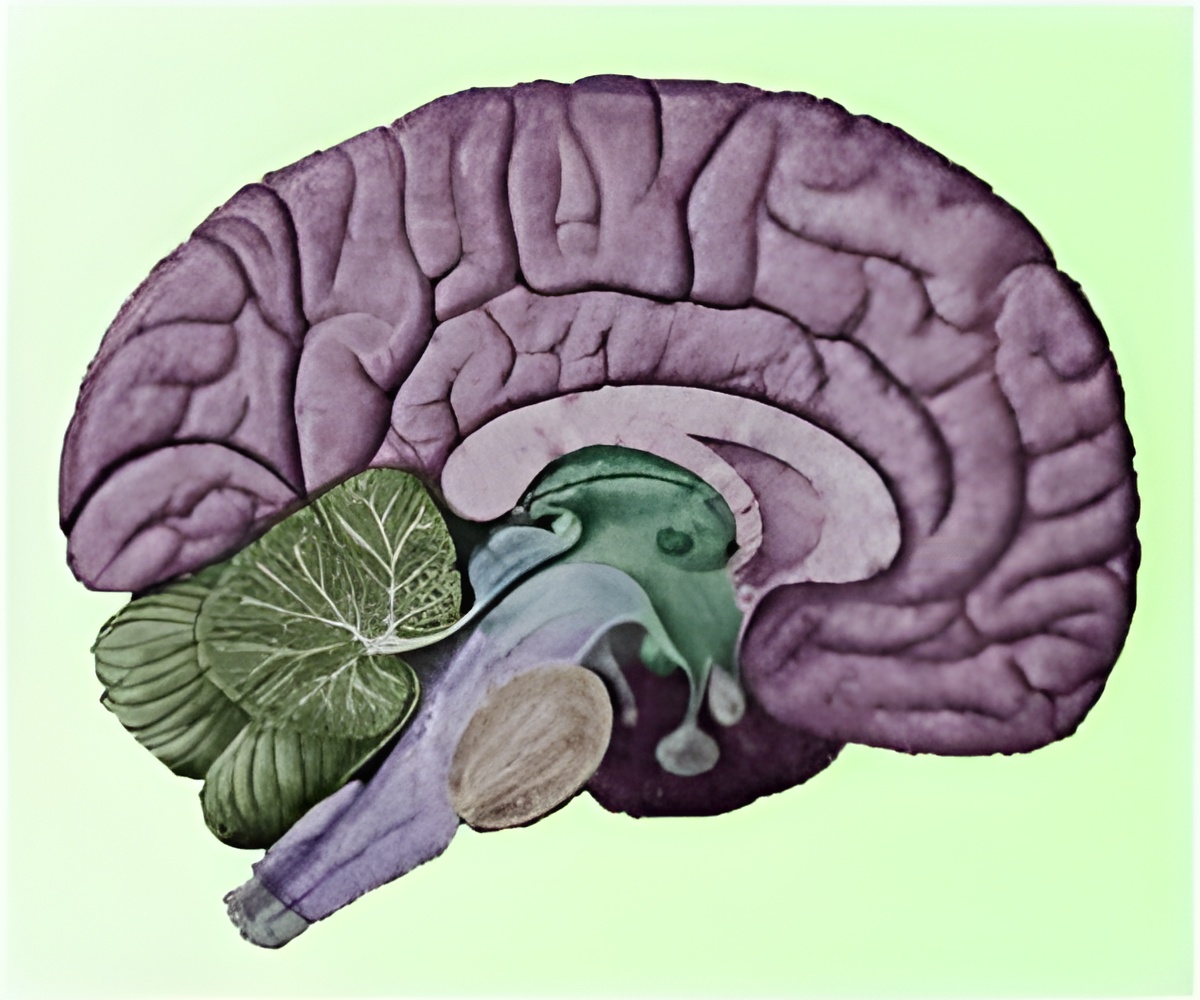Researchers have explained the process behind why the aging brain is less resilient and less capable of learning from life experiences.

The team evaluated the prefrontal cortex-the part of the brain that controls a wide range of cognitive processes and mediates the highest levels of learning.
Nerve cell circuitry in the prefrontal cortex of young animals is highly plastic and life experiences, particularly those that involve learning, can profoundly alter prefrontal circuitry.
In order to investigate the effects of age on such plasticity, young, middle-aged, and aged rats were subjected to a behavioral stress test known to elicit nerve cell changes in the prefrontal cortex.
The research team then used microscopic techniques to visualize the spines on nerve cells within the prefrontal cortex, which form the synapses that are critically important to the process of learning.
In the young rats, the spines were able to adjust and change, indicating that the brain responded to the experience and initiated a compensatory change.
Advertisement
"The prefrontal cortex is constantly 'rewiring' in response to life experiences. The aged brain has already suffered significant spine loss, and the spines that remain are unable to mount a response to stress or learning, making this part of the brain unable to effectively rewire," said John H. Morrison, who led the study with graduate student Erik B. Bloss.
Source-ANI















